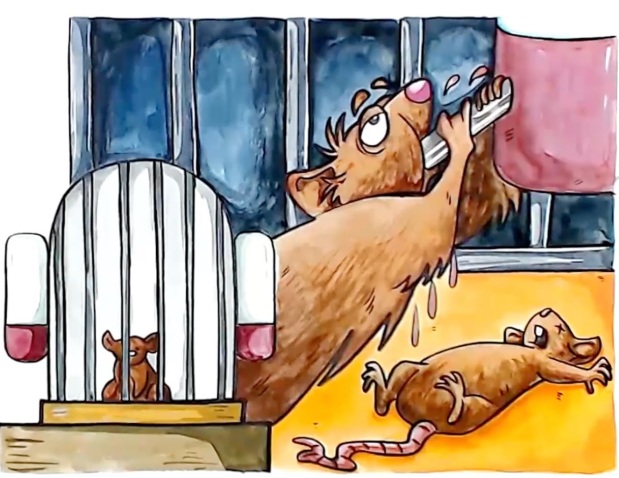
Book: (Johann Hari) Lost Connections: Uncovering the Real Causes of Depression – and the Unexpected Solutions (2018)
In a talk https://www.youtube.com/watch?
If you were confined to a typical rat cage environment you might get depressed and (given the opportunity) addicted to heroin. How’s your environment at the moment? And by environment I mean what you experience in the world around you. Is it delightful, like “Rat Park”? Or is it more like a rat cage?
Hari imagines speaking to his former depressed teenage self as he sums up a lot of his book: “You need to have a community. You need to have meaningful values, not the junk values you’ve been pumped full of all your life, telling you happiness comes through money and buying objects. You need to have meaningful work. You need the natural world. You need to feel you are respected. You need a secure future. You need connections to all these things. You need to release any shame you might feel for having been mistreated. …You are not suffering from a chemical imbalance in your brain. You are suffering from a social and spiritual imbalance in how we live.”
Throughout the book, Hari refers to evidence from studies (and to his interviews with the authors of such studies) that point to the social sciences rather than pharmaceuticals as the most important place to look for a way forward. Depression is a collective problem, so the solutions have to be collective solutions. “We have to change the culture so that more people are freed up to change their lives.” One of the ways to do that, to which Hari makes reference in chapter 22 on “restoring the future,” is to provide a universal basic income.
As he draws the book to conclusion, he writes:
“This is what I would want to tell my teenage self. You have to turn now to all the other wounded people around you, and find a way to connect with them, and build a home with these people – a place where you are bonded to one another and find meaning in your lives together.
“We have been tribeless and disconnected for so long now.
“It’s time for us all to come home.”

No comments:
Post a Comment